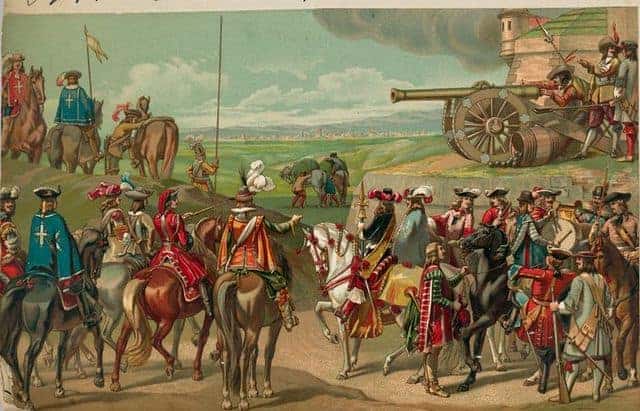We’ve never seen this in Hong Kong before.
Neither during the time of British colonization (1841-1997), nor in the current period of the ‘One Country Two Systems’ connection to China (HK with its own judicial, economic and political system; Beijing looking after defence and foreign affairs).
The population took to the streets on a massive scale to force its autonomous government to withdraw a bill facilitating judicial extraditions to China. A first demonstration by one million people on June 9 provoked an apology and suspension of the controversial project by the Carrie Lam government.
Two million Hong Kong residents took to the streets on June 16, demanding that the project be abandoned, Mrs.Lam resign, and a return to full freedom of expression.
The democratic ideal is no weaker in Asia than it is in Europe or America.
We know that it was after a secret meeting in Shenzen with a member of the Standing Committee of the Political Bureau of the Communist Party (the seven-member Holy of Holies of Chinese Power) that Mrs Lam, who had hitherto stuck to her guns, turned around and apologised to the people of Hong Kong.
The Chinese could have mounted a blood-soaked repression of the Hong Kong demonstrations – as they did in June 1989 against their students peacefully gathered in Beijing’s Tiananmen Square to demand the freedoms laid put in the Universal Declaration of Human Rights.
Xi Jinping urged the Hong Kong authorities to back down in the face of the demonstrators. He did the right thing. He has no interest in arriving covered in blood at the next G-20 summit on 28 and 29 June in Osaka, Japan.
Asian powers are already uncomfortable with the authoritarian shift by the Beijing regime since 2012; with the expansionism of the Chinese navy in the South China Sea (appropriating the uninhabited islets of Paracels and Spartleys in defiance of international law); with the commercial aggressiveness of the New Silk Road that extracts juicy concessions from small countries in debt bondage.
Xi Jinping has no desire to make matters worse.
This is indeed a delicate period for the Chinese President. Since January 2018, President Trump has been waging a trade war against China.
Since January 2019, the US administration has been engaged in a technological war against Chinese giants, such as Huawei, that stand accused of espionage and technology theft. In his anti-Chinese stance, President Trump received mixed support from his Democratic opponents in Congress.
A bloodbath in Hong Kong would lead all Democratic representatives and senators to close ranks behind Trump.
In addition, the alliance of major democracies in Asia (India, Japan, South Korea, Australia, America) is a concept that is constantly evolving. Xi Jinping would like to maintain the levels of trade he has with the first four powers without hindrance from his trade dispute with Washington.
He has no interest in provoking them through political violence, even if it takes place in Hong Kong’s Special Administrative Province. To do so would also alienate international investors who, since the 1950s, have made the island and its “new territories” rich.
When asked a few years ago about his favourite books, Chinese Vice President Wang Qishan quoted The Ancient Regime and the Revolution of Alexis de Tocqueville. The Chinese leaders are well aware of the history of France, the country that was the leading power in Europe from the time of Richelieu until the end of Bonaparte.
They probably thought about Louis XIV’s strategic error. Annoyed by the libels published against him in Amsterdam for having started a war against Holland in 1672, the Sun King initially amassed victories. But his intransigence antagonised the Dutch who flooded their country and murdered their pro-French Stadhouder Johan de Witt. They replaced him with Stathouder William of Orange who, once on the English throne (1689), pursued a fierce anti-French policy…
Louis XIV took too much advice from Louvois and not enough from Colbert. Too many wars, advocated by the former, weakened French industry which had been brilliantly built up by the latter. Two years after Colbert’s death, the king committed irreparable self-harm by revoking of the Edict of Nantes.
Whether against one’s own people or against other peoples, the use of force can only ever be a last resort. Does Xi Jinping understand that? Will he favour the Louvois over the Chinese Colberts? If he does, China will fall, as Napoleon I’s France eventually fell…
This article was first published in Le Figaro.





